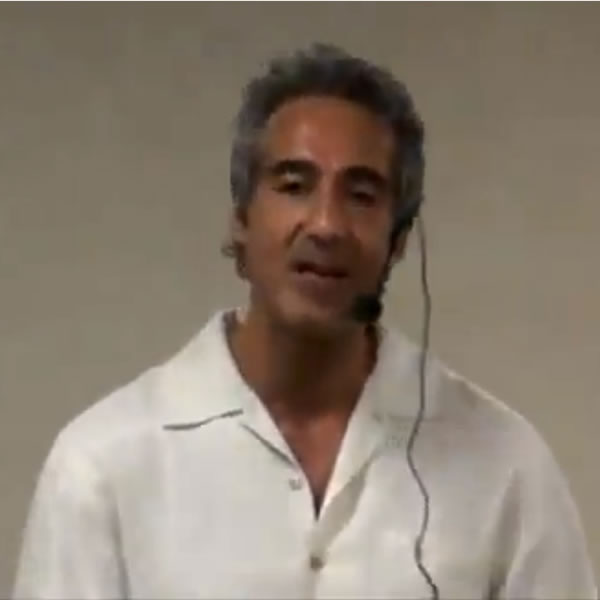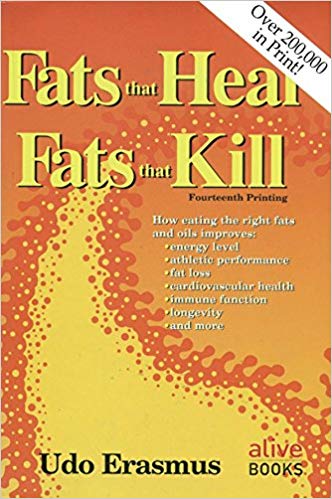By Ben Fuchs | Pharmacist Ben
Simplistic as it may sound, the ancient Greek founders of Western Philosophy considered the prime directive, i.e. goal of human existence was to be happy. They called this state of fundamental happiness “eudemonia” and they developed a reputation for spending a lot of time pondering it. Aristotle said “Happiness is the meaning and the purpose of life, the whole aim and end of human existence”, while his teacher Plato considered the philosophy of happiness to be the center of healthy society.
 Yet, for most of us true happiness seems as elusive as the famous bluebird it’s associated with. And many of us are just flat out un-happy. Clearly something is preventing us from being totally happy all the time. Something seems to missing or required for us to be able to reach this most important goal.
Yet, for most of us true happiness seems as elusive as the famous bluebird it’s associated with. And many of us are just flat out un-happy. Clearly something is preventing us from being totally happy all the time. Something seems to missing or required for us to be able to reach this most important goal.
In his book “Thought is Dead”, the Indian philosopher U.G. Krishnamurti wrote that we are not happy because we believe we should be happy. What he meant was our unhappiness is the result of our “shoulds”, those things which we believe must occur before we can be happy.
Question: If all we want is to be happy and the only thing stopping us from having the happiness we desire is our requirements, why don’t we just drop our requirements? Or, why are we resistant to dropping our conditions, our”must haves” before we’re happy? Why not go right to the goal, eliminate the middleman and just be happy? Is that even possible? And if it were, what would be the negative consequence?














